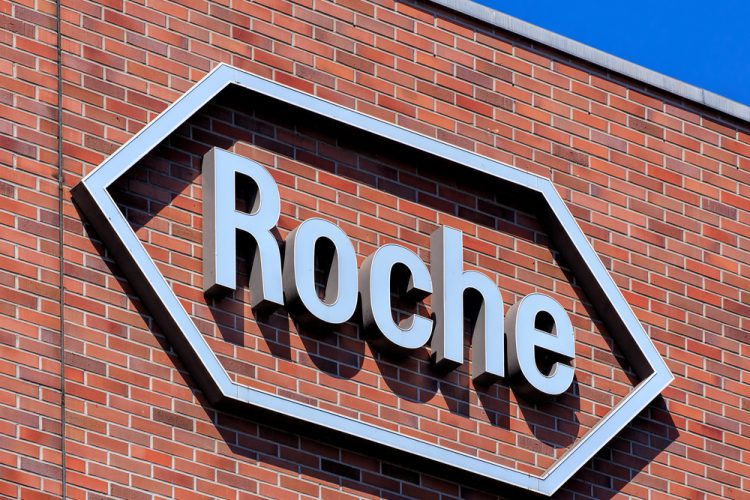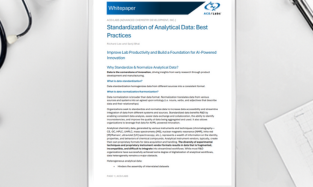Standout breast cancer trial outcomes for Roche small molecule therapy
Posted: 31 October 2024 | Catherine Eckford (European Pharmaceutical Review) | No comments yet
The Itovebi-based combination therapy was recently granted US FDA approval for a common metastatic breast cancer.


Credit: Judith Linine / Shutterstock.com
New Phase III analysis reports that an Itovebi TM (inavolisib)-based combination treatment more than doubled progression-free survival in advanced breast cancer patients. The treatment lowered disease risk worsening or death by 57 percent, according to the analysis from Roche’s Phase III INAVO120 study. This was in comparison to palbociclib and fulvestrant only.
This study investigated Itovebi (inavolisib) in combination with (Ibrance®) palbociclib and fulvestrant.
Earlier this month, the US Food and Drug Administration (FDA) approved Roche’s Itovebi together with palbociclib and fulvestrant.
The treatment was authorised for adults as a first-line treatment for HR-positive, HER2-negative breast cancer with a PIK3CA mutation. The combination therapy is indicated for these patients who have disease recurrence on or after receiving adjuvant endocrine therapy, according to Roche.
Itovebi-based regimen – a viable option as a new first-line standard of care
“this Itovebi-based regimen could become a new first-line standard of care for [HR-positive, HER2-negative breast cancer with a PIK3CA mutation]”
“With a doubling of progression-free survival and consistent benefits in people whose disease had spread to multiple challenging-to-treat locations, including the liver and lungs, these INAVO120 data are significant for patients,” commented Dr Komal Jhaveri, section Head for the endocrine therapy research portfolio and clinical director of the early drug development service at Memorial Sloan Kettering Cancer Center and a principal investigator of the INAVO120 study.
“I’m confident this Itovebi-based regimen could become a new first-line standard of care for this patient population with one of the most commonly mutated genes in metastatic breast cancer, associated with a poor prognosis,” Dr Komal Jhaveri asserted.
The PIK3CA mutation is present in approximately 40 percent of HR-positive metastatic breast cancers, research shows.
Development of novel breast cancer therapies
Earlier this month, Genentech (a member of the Roche Group) announced that the company planned to acquire next-generation treatments for breast cancer as part of a deal with Regor Pharmaceuticals.
Related topics
Anti-Cancer Therapeutics, Big Pharma, Clinical Development, Clinical Trials, Data Analysis, Drug Development, Industry Insight, Technology, Therapeutics









